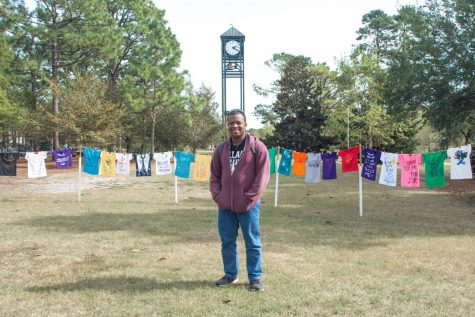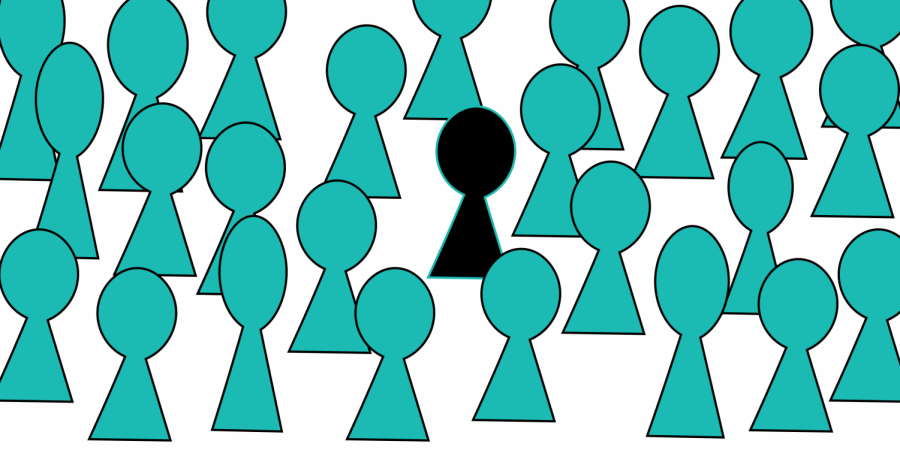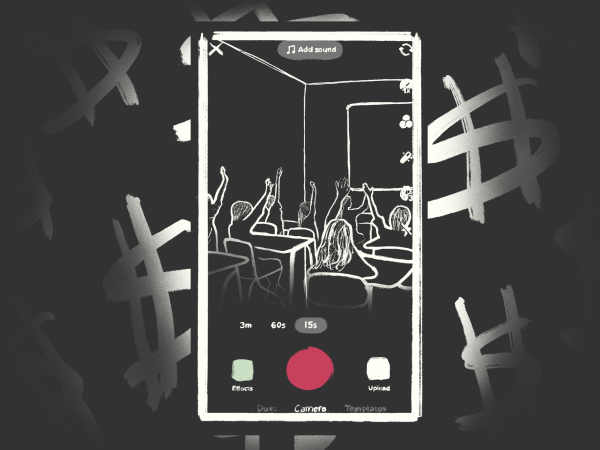Standing out as a black student
“So, in the ten minutes since we’ve arrived on campus, I’ve only seen… one black guy.”
These were the first words my father told me when we got out of our respective cars on move-in day back in August. To me, the lack of melanin in sight wasn’t a surprise at all – I’d had this exact same revelation during both my Teal Tour and my Orientation – but it was especially noticeable to my parents since just days earlier, they dropped my brother off at a school in the middle of what my brothers and I call the Africa of America, Atlanta. Wilmington, on the other hand, is a bit more like Cape Town than Cairo.
According to the Institutional Research and Planning page on the University of North Carolina at Wilmington’s (UNCW) website, only 869 of the 15,740 students to enroll in Fall 2016 fell into the category of “Black or African American.”
As an outsider of UNCW, you could read that statement and think, “Meh, maybe it was an off semester,” but when you’ve walked down Chancellor’s Walk enough times, you’ll likely start to change your tune.

In all five of my classes, I have a total of four black classmates. The group of transfer students I met this Monday told me that they could count the number of black students they’ve seen walking around campus on one hand, including the two of us in that room.
One of my friends even told me he believed that there was a conspiracy on campus since I was the first black person he’d seen here that didn’t work at one of the campus restaurants. He was joking, but the sentiment was still real: Unless you know where to look, it’s very possible that this could be your experience at UNCW.
Like I said earlier, though, the number of black students that I saw on those first few days was not surprising to me, nor did it make me uncomfortable in anyway; if meeting other black people was at the top priority on my list, I would have gone to school in A-Town with my younger brother.
Still, there’s something warm about finding yourself surrounded by people that not only look like you but also have a sort of unspoken connection with you the moment you make eye contact.
I’m personally a huge nerd and I’m big into music, but I don’t have to try and do anything like wear a geeky shirt or carry around my trumpet case to indicate that these are my people – it’s something that is immediately recognizable.
And that’s my what I enjoy about “standing out.” I can’t just blend into the crowd here, but rather than let that fact make me feel vulnerable, it makes me conspicuous, someone easy to spot by those looking for a quick connection.
The evening after I attended the Upperman African American Cultural Center’s open house, the leader of the Rhyme ‘N’ Reason poetry club, Chris O’Neal, saw me eating dinner alone and went out of his way to come over and introduce me to other black students.
Days later at the big Involvement Carnival, the students working the Black Student Union table stopped me during my walk and called on me by name – despite the fact that everyone at the open house was much chattier – and, in theory, more memorable – than I was.
As someone who took four semesters to make even a small group of friends at his community college, I was pleasantly surprised to see people going out of their way to enhance my stay here after only two weeks.
“We all have got to be here for each other because these white people ain’t here for us,” a senior told me in a conversation not too long after our first days. His tone wasn’t bitter and he wasn’t trying to be antagonistic toward white people at all.
It’s just like I said earlier: you don’t come to UNCW with the mindset of, “This is where all the black people are at,” because no matter how you look at it, that’s not really the truth. But there are black people here, and those of us who have made UNCW our home do stand out from the pack from a purely visual standpoint. I just believe that that might be an advantage.







